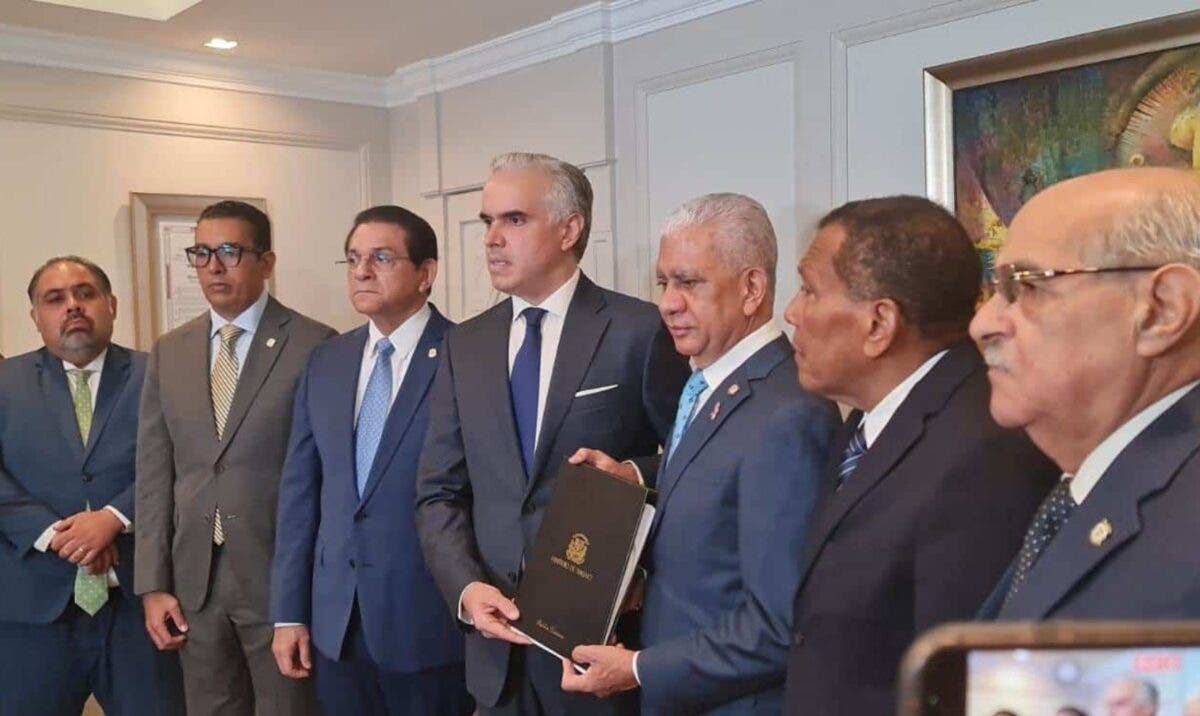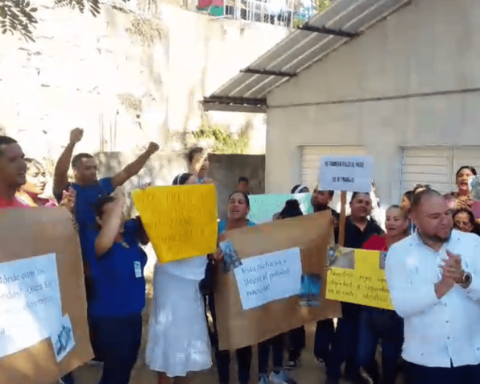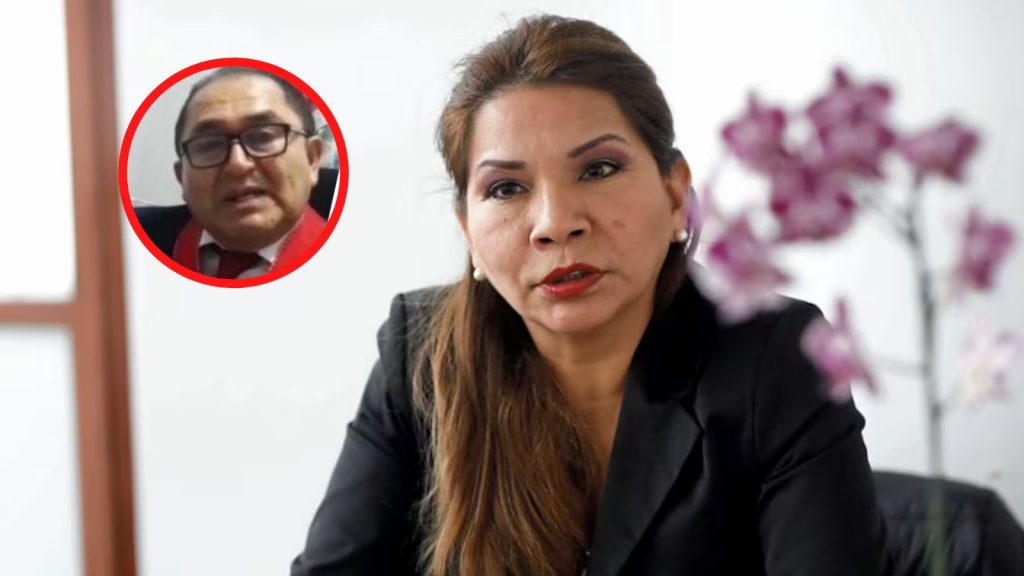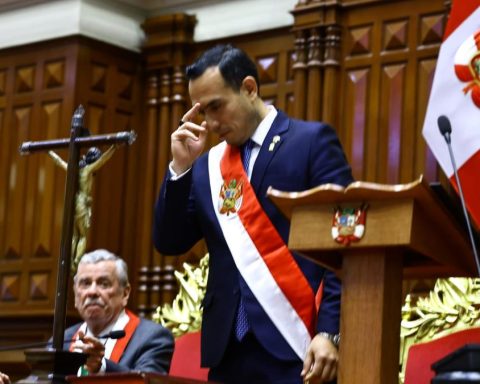Santo Domingo.-The Senate of the Republic yesterday appointed a special commission to study and analyze the Labor Reform bill sent by the Executive Branch.
The initiative, which seeks to update and improve the country’s labor regulations, aims to increase productivity, strengthen workers’ rights and reduce judicial conflict between employees and employers.
The special commission, chaired by Rafael Barón Duluc, is made up of a group of nine senators: Pedro Catrain, Santiago Zorrilla, Antonio Taveras, María Mercedes Ortiz, Antonio Marte, Omar Fernández, Cristóbal Venerado Castillo and Eduard Espiritusanto.

Commission appointed by the Senate will study the project.
The appointment of this commission was announced by the president of the Senate, Ricardo de los Santos, who highlighted the importance of this reform within the set of structural changes that the Government is implementing.
Goals
The Labor Reform bill includes a series of key modifications to the current Labor Code, in order to adapt it to the new realities of the labor market.
Among the main proposals are new prohibitions for workers, which seek to guarantee a safer and more efficient work environment.
These provisions include the prohibition of showing up to work while intoxicated, carrying weapons during work hours (with legal exceptions), collecting during work hours, and improper use of tools provided by the employer.
In addition, restrictions are established regarding the use of electronic devices for purposes other than work and the extraction of materials or tools without the employer’s authorization is prohibited. Religious or political propaganda is also prohibited during working hours.
The bill also contemplates various causes for suspension of the employment contract, such as mutual consent between the parties, maternity leave, compliance with legal obligations that temporarily prevent the worker from providing their services, and situations of fortuitous event or force. that temporarily interrupts the company’s operations.
Other causes include worker illness, work accidents, lack of raw materials, insufficient funds, excess production or unaffordability of company operation, as well as strikes or legal stoppages.
One of the most notable novelties of the project is the inclusion of new paid leaves for workers.
It is established that the employer must grant the worker at least five working days of paid leave for marriage, three days for the death of grandparents, parents, children or a registered partner, and four days for the birth of a child.
In addition, the project addresses the termination of the employment contract, specifying that it can be terminated without liability for any of the parties in cases of mutual consent, execution of the contract, impossibility of execution or the granting of a pension for old age, disability or survival.
Rest periods
Another central aspect of the bill is the modification of article 157 of the Labor Code, which regulates rest periods during the working day. The proposal establishes that the day must be interrupted by at least one hour of rest, divided into several segments that include a rest of at least half an hour and others of fifteen minutes each.
In cases where companies agree with workers on consecutive days, these should not exceed ten hours a day in commercial activities and nine hours in industrial activities. However, the weekly working hours cannot exceed 44 hours in total.
These measures seek to adapt labor regulations to current production rates, without compromising the well-being of workers.
When delivering the bill to the Senate, the Minister of Labor, Luis Miguel de Camps, highlighted the tripartite nature of the initiative, which was prepared with the collaboration of representatives of workers, employers and the State.
According to De Camps, the proposed reform will not only improve working conditions in the country, but will also contribute to the reduction of judicial conflict in the workplace.
“This project improves productivity conditions, increases certain rights of workers and reduces or eliminates judicial conflict between workers and employers, without taking away any rights from any of the actors,” said De Camps.
Detailed analysis
— Consult sectors
The special commission will begin detailed analysis of the proposal. The process is expected to include consultations with various sectors, including unions, business associations and other key actors in the area.
Reform will help comply with regulations
Consideration. The Minister of Labor, Luis Miguel de Camps, stressed that the reform strengthens the State’s capabilities to enforce labor regulations and promotes conciliation between the parties in conflict.
De Camps highlighted that the project establishes mechanisms to eliminate abuses such as illegal labor embargoes, guaranteeing that workers can collect their benefits more quickly and that employers are not victims of abuse by legal professionals.
Likewise, he pointed out that strengthening conciliation spaces will allow labor disputes to be resolved more quickly, preventing workers from losing a significant percentage of their benefits.

















